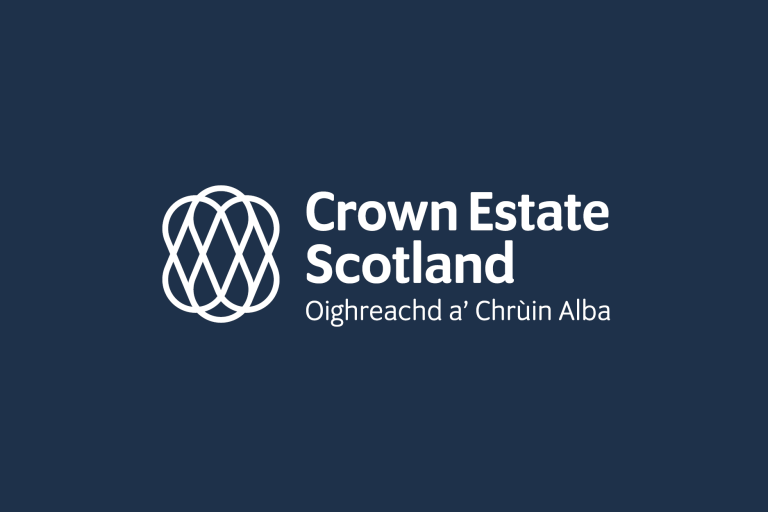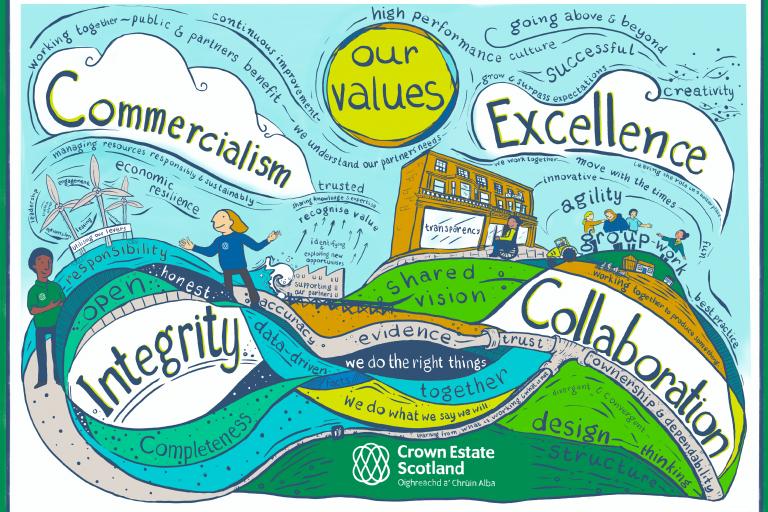Request:
- Whether any consideration was given by Crown Estate Scotland to the Scottish Government publication, Guidance on due diligence: human rights, when devising the human rights background checks for prospective ScotWind project partners outlined in FOI 199 (attached); if so, how it was determined that that the declaration outlined in FOI 199 met the requirements laid out in the Guidance. Please provide all documentation and evidence informing this decision.
- If the Guidance was not considered during this process, I would be grateful if you could still provide all documentation and evidence, including but not limited to email correspondence, informing and supporting Crown Estate Scotland’s decision to use the procurement statutory guidance identified in FOI 203 (attached) as the basis for checking the human rights records of prospective ScotWind project partners.
- To clarify, I am aware that procurement statutory guidance was used as a benchmark and that the five year declaration was drawn from these regulations. What I would like to know is whether Crown Estate Scotland gave any consideration to the Guidance publication as it was required to, and if so how the procurement regulations in question were determined to be a sufficient check.
- (Sent via email 27 April 2022) For further background to my request, Crown Estate Scotland’s requirement to consider the Scottish Government’s Guidance was confirmed by Michael Matheson in written response s6w-07719. Further to the quote from the Guidance cited by Mr Matheson: “The detail of what is checked is ultimately a matter of judgement by whomever has initiated the relationship and/or responded to a proposition from a third party and will depend on the circumstances of each case”, I am keen to understand what consideration was given by CES to the Guidance and how it might best be applied, before arriving at the judgement that its five year declaration for ScotWind project partners was sufficient.
Response:
- There is no documented evidence that Crown Estate Scotland considered the Scottish Government, ‘Guidance on due diligence: human rights’.
- Annex 1 summaries the documents and information enclosed – date, file name, description and the reasons/exception(s) under EIRs applied for the redactions. In relations to the documents we have provided, redactions in Black relate to information that is not relevant to this request for information and redactions in Red are personal data as defined in UK General Data Protection Regulations, and therefore disclosure would contravene the first two principles; exception 11(2) under EIRs is applied. Some documents that contain the information you’ve requested also contain information that is out of the scope of your request, resulting in the documents being mostly redacted. For ease of receiving, reading, and analysing our response, we have therefore extracted the information into Annex 1 under the heading ‘Extracted Information’. You would not receive any more information if we had provided the redacted documents. We have ordered the documents and information chronologically and numbered each item for ease of reference. You will see from the enclosed documents and information that there was robust consideration of different approaches to assurance checks relating to human rights.
- We have not found documented evidence that the Guidance was considered. Crown Estate Scotland was not required to consider the Guidance in relation to the ScotWind leasing round.
- Please refer to our responses above and associated information and documents enclosed (Annex 1).
| Ref No | Date | Doc Type/ File Name | Description/ Notes | Extracted Info | Redaction/ Exception |
| 1 | 26/04/2019 |
20190426_SWL_ reputational checks - current state of play_Redacted.pdf |
Internal email discussing key points for consideration /discussion | N/A – document enclosed |
11(2) personal data Not within the scope of the request |
| 2 | 20/05/2019 |
20190520_RE_reputational checks-current state of play [AS]_Redacted.pdf |
Email from our solicitors following email captured in Ref. 1 | N/A – document enclosed |
11(2) Personal Data Not within the scope of the request |
| 3 | 27/05/2019 | Internal email |
“Three options to reputational checking were looked at:
The reputational report and checking has a number of drawbacks, including:
The Applicant Confirmation approach does not have the same drawbacks, but does put CES roughly where it needs to be:
I have attached a copy of the act [The Public Contracts (Scotland) Regulations 2015] which sets out the “public sector exclusions” (section 58); in summary: conspiracy relating to participation in a criminal organisation bribery corruption cheating the Revenue; theft fraud; terrorism money laundering proceeds of criminal conduct Human Trafficking and Exploitation proceeds of drug trafficking procurement directive offences” |
||
| 4 | 04/06/2019 | 20190604_DRAFT_Exec Team Paper.pdf | Extract of draft paper, which was not finalised or submitted to the Executive Team. This text (which includes much of the information in Ref. 3) remained draft and was not included in full in the final Executive Team paper. See Ref. 5 for the text of the final Executive Team paper. | N/A – document enclosed | |
| 5 | 10/06/2019 |
Executive Team Paper ScotWind Update (ET(2019)4.3)
|
See Ref. 6 for extract of minutes of meeting at which this paper was considered |
55. There is the risk of damage to Crown Estate Scotland’s reputation, should a site be awarded to a developer who is subsequently accused of acting illegally in some way. This risk will be mitigated by requiring developer confirmation that they do not and will not represent a reputational risk by certifying they are not in contravention of the ‘public sector exclusions’ contained in the ‘The Public Contracts (Scotland) Regulations 2015’. 56. Option Agreements and Leases will contain wording allowing CES to terminate them should contravention of the regulations occur or come to light after the original declaration.
|
|
| 6 | 10/06/2019 | 20190610_Extract ET minutes 10 June 2019.pdf | Extract from the minutes of Executive Team meeting held 10 June 2019. The extract covers discussion of paper ET(2019)4.3 (Ref. 5) | N/A – document enclosed | |
| 7 | 07/07/2021 |
From Crown Estate Scotland to our solicitors regarding a question posed around the Statement of Commitments (SOC) requirement for applicants to ScotWind Leasing round.
|
“Crown Estate Scotland sets high standards for itself and expects that its partners in delivering ScotWind are appropriate companies to deal with. The Statements of Commitment provided for Project Partners to complete and sign must not be altered. None of the Project Partner roles are classified as "minority" Project Partners. Every Project Partner listed in response to Question A9 must provide a Statement of Commitment that includes commitments GC1 - GC7. Any Project Partner that has a funding role must provide a Statement of Commitment that also includes commitments FC1 - FC3. Project Partners that are Supplementary Experience Providers must produce a statement that includes commitments GC1 - GC7, and commitments SC1 - SC3. “There is no requirement to disclose unlawful offences under those regulations if they happened outside the relevant timeframe. The regulations are found at: https://www.legislation.gov.uk/ssi/2015/446/contents/made See section 58 (1)(a) – (k) for the list of relevant unlawful offences from which we based our Appendix 1 list. See section 58 (11) for the relevant timeframe for exclusion. Further, see 60 (1)(a) – (c) for descriptions of the suitable type of evidence of absence of grounds for exclusion for Public Contracts. We have taken a similar approach in ScotWind by providing the Statement of Commitment. We require applicants to fill out and sign a standard form that is a self-declaration which we then take as evidence of absence of grounds for exclusion. There is no expectation of disclosure of unlawful offences under the Procurement Regulations unless a bidder wants a contracting authority to consider them in spite of the existence of grounds to exclude them from a procurement process. See 58 (13) – (17) for text that explains how under the Procurement Regulations a bidder might present evidence that demonstrates why an exclusion should not apply to them, and how a contracting authority should consider and respond to that evidence.” |










